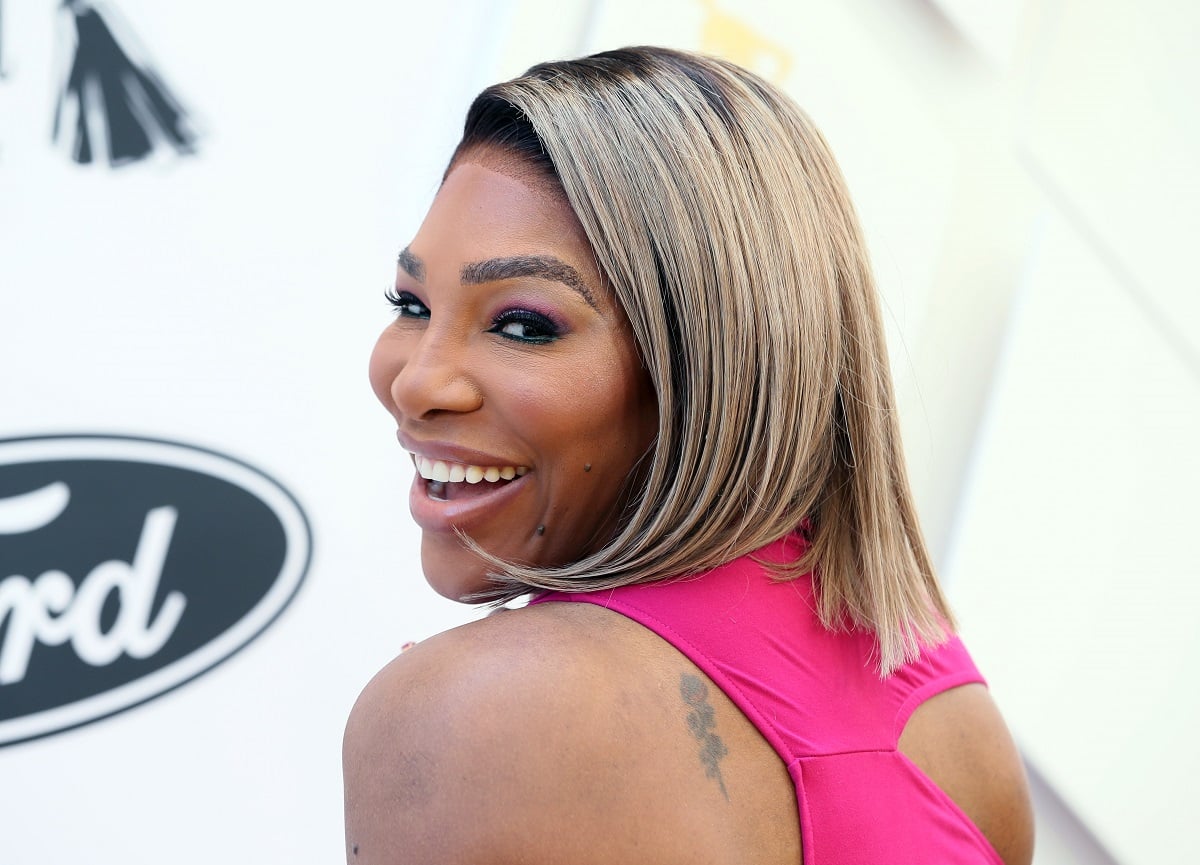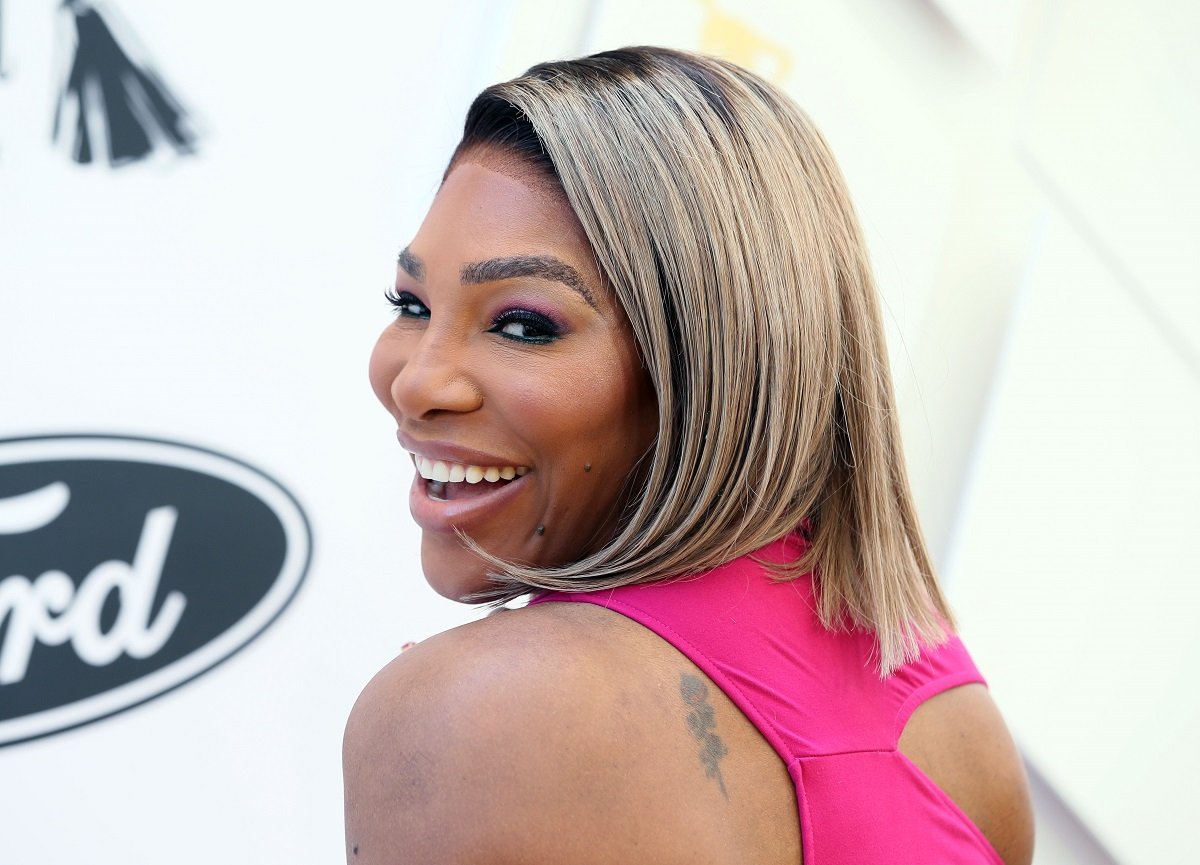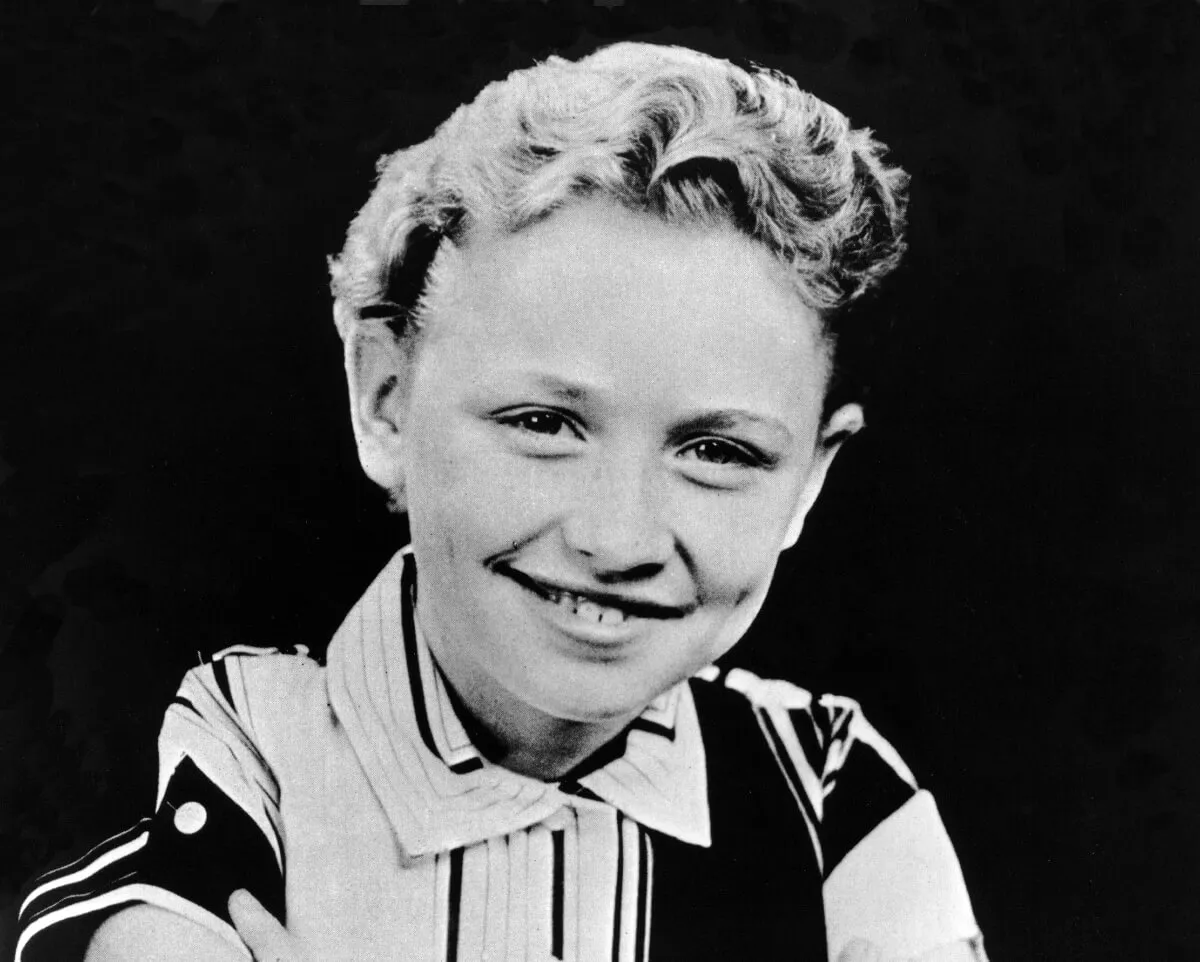
Serena Williams Once Called This Legendary Athlete ‘The Most Important Pioneer for Tennis’
After a phenomenal career, Serena Williams has officially retired from tennis. People from around the world have shared how she has inspired them, especially women and girls of color. Williams has her own inspirations, and one important one was a woman who blazed the way for Black women in tennis.
Who was Althea Gibson?
According to CNN, Gibson was a groundbreaker in the world of tennis. She was only 12 years old and living in Harlem when she won a city-wide tournament for paddle tennis. Her neighbors recognized her potential, and they raised money so she could have tennis lessons. She was soon dominating local and regional tournaments.
The problem was that her rise to tennis fame happened in the 1940s, and Gibson was Black.
Because of widespread discrimination at the time, she wasn’t allowed to compete in national events. After years of working to change the rules, and with the support of others in the tennis world, she was finally allowed to compete in the 1950 US National Championships, becoming the first Black person to do so.
She went on to collect many other firsts in her career. She was the first Black player to win a Grand Slam, and the first to become a Wimbledon champion. When she retired from tennis, she had 11 Grand Slam titles to her name and was the top-ranked female player in the world.
Gibson was ‘the most important pioneer’ to Serena Williams
Despite her remarkable talent, Gibson struggled financially. WTA Tennis reports that players didn’t receive prize money at the time. In an effort to earn enough money to support herself, Gibson retired from tennis and took up professional golf. She encountered even more racism in her new sport, and despite the fact that she showed impressive talent at golf as well, her prize money didn’t go very far.
In later years, she turned to work as a tennis coach. As she taught new generations of players, she watched the careers of upcoming young Black athletes, especially Williams and her sister Venus Williams as they rose to the top, starting in the late 1990s.
Gibson died in 2003 at the age of 76, but Williams was clearly aware of her remarkable contribution to their shared sport.
“For me, she was the most important pioneer for tennis,” Williams said. “She was Black, she looked like me and she opened up so many doors.”
Williams looked up to her for her accomplishments, but she was also grateful that she could see herself in the legendary star.
“Althea Gibson paved the way for all women of color in sport. She won Wimbledon in 1958. I have held that same plate. Thank you, Althea.”
Serena Williams’ other heroes

Although it’s clear that Williams looks up to Gibson, events in the last five years have made other role models important to her as well. Becoming a mother in 2017 opened her eyes to how vital mothers are and all the work that they do. Because of this, she admires the mothers in her life, especially her own mother, Oracene Price.
She’s also become aware of how much harder it is for mothers who can’t afford to take time off when they have a baby. As a result, she’s become an advocate for more paid maternity leave for all mothers.
Gibson changed the world of tennis with her determination and skill. Williams was just one of the people who have benefitted from Gibson’s trailblazing work, and she’s made it clear how much she appreciates what she did.


